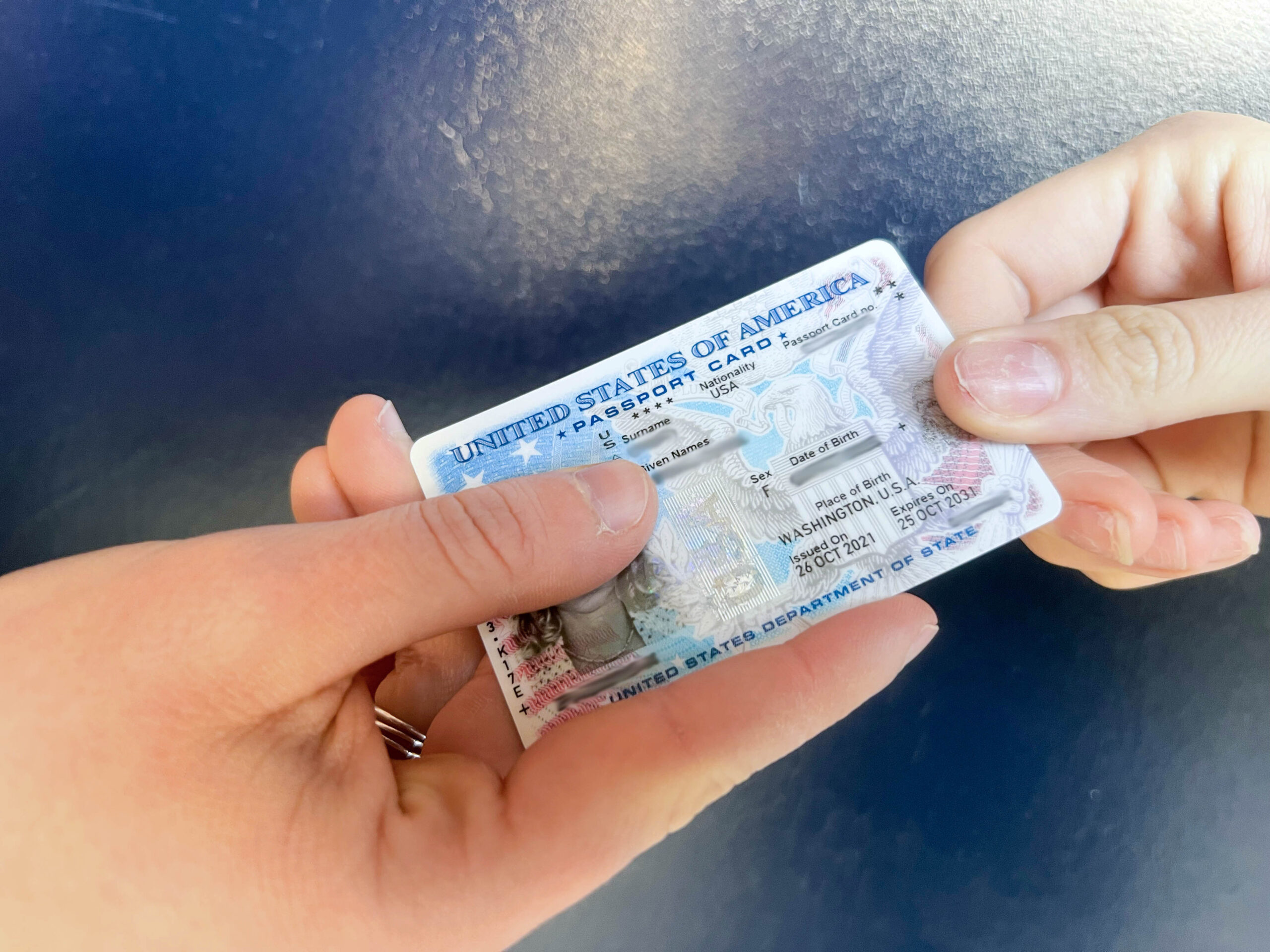As international university students across the United States have visas revoked, the University of Rhode Island is unable to do anything but inform.
Getting a visa revoked is a federal issue, according to Kristin Johnson, the vice provost for global initiatives at URI.
“[The students] are no longer supported or sponsored by the URI because it is a federal legal action,” Johnson said.
It is the student who has to make the decision on how to move forward after a visa is revoked because it’s their authorization to be in the U.S., according to Johnson. If the student chooses to stay, they have the choice to contest the revocation. To do so, the student requires a immigration attorney that specializes in deportation or revocations.
“If [the student] were still working with a revoked visa, it could jeopardize the want to return to the U.S. if they decided to leave,” Johnson said.
The office has been working to support their international community by providing the best individual information, according to Johnson.
“I think the most important thing to know is that it’s a legal status issue, so it requires a legal response if a student chooses to respond,” Johnson said. “But it does affect their ability to remain legally in the United States.”
The Global Initiatives Office wants to make sure students know about the resources they offer, such as drop in hours at the Office of International Students and Scholars, according to Johnson. Most of the hours involve open discussion and a variety of other information ruling how to be in compliance with the new updated federal guidelines.
“It’s really hard to operate in a universe of uncertainty,” Johnson said.
The office has already met with students who’ve had concerns about international issues, according to Johnson. If one of those issues were about visas, it’s the student’s decision for what to do because they can’t work on campus as there is a work authorization attached to the visa.
“I know it’s a really uncertain and challenging time for folks,” Johnson said. “We’re doing our best to really get out there and talk to folks, to do what we can to support everyone in the international community and beyond here, to the best of our ability.”
The U.S. Department of Homeland Security, including Immigration and Customs Enforcement and U.S. Citizenship and Immigration Services are allowed to visit URI campuses as part of their routine inspections in order to check federal regulation compliance, due to URI’s international programing, according to the universities federal action updates.
“The visits may involve reviewing records, verifying the status of international students, staff, and scholars, and ensuring that URI adheres to the requirements of the Student and Exchange Visitor Program and other relevant immigration laws,” according to the updates.
Some documents that work for registering for visas are an I-94 or an arrival-departure record, according to the U.S. Citizenship and Immigration Services website. Others include a permanent resident card or an employment authorization card.
If a URI non-official approaches a building or a resident hall requesting access to facilities, students, staff or faculty, the person approached should call 911, request URI on-campus emergency and wait for Public Safety to arrive, according to the guidelines. Individuals should not block the entrance without URI Public Safety present.
“URI is a public institution with common spaces available to public access, including outside law enforcement personnel,” according to the federal update page.
For more information for members of the URI community, visit the federal actions webpage. The page explains impacts to: funding, international students and law enforcement officer visits. URI President Marc Parlange appointed members of the federal actions leadership team to track actions and engage with national education and research associations.
To learn more about policy implementation, review the presidential actions page on The White House website.





